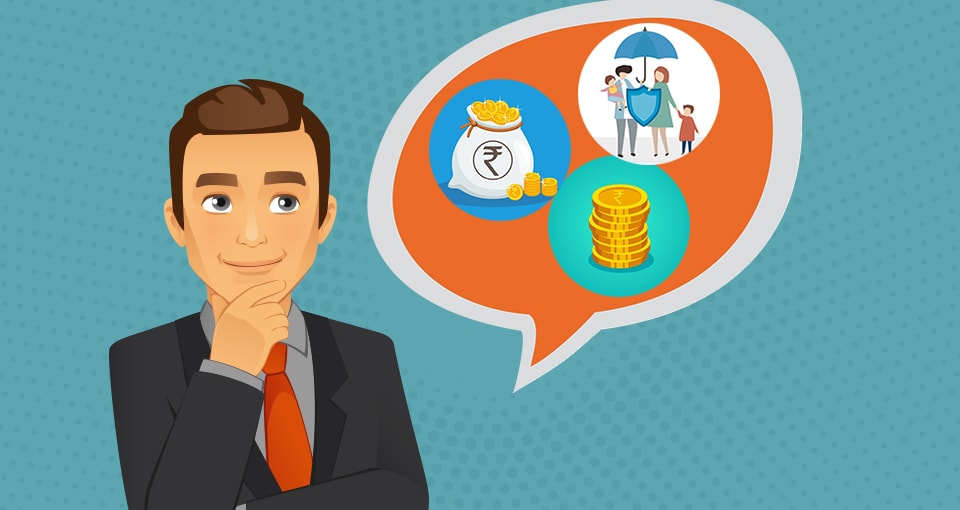Early Retirement Tips - How to Retire Early

It is true when we say that a significant number of people plan to have an early retirement in India. Whether you are working in a 9-5 job, have your business venture, single with no family dependency, or married with a family to look after, we plan to pursue certain personal goals by retiring early in life.
Having said this, there is a strong possibility that most of you have no idea where to begin. For most people, finances stand in the way of early retirement. However, with adequate retirement planning and the utmost financial discipline, you will be able to enjoy retirement early in life.
In this article, we will help you understand how you can attain financial independence so that you can enjoy your retired life. Read on to find five tips on how to retire early and enjoy retirement blissfully.
Start at an early age
In any retirement plan, you calculate an estimated amount that allows you to live your retired days worry-free. To retire at an early age, you have to start saving towards this amount as early as possible.
Starting your savings at an early age has many benefits. It provides you the flexibility of managing the risk involved in market-linked investments. So, if you start investing in a retirement plan in your mid-20s, you will have enough money by the time you are in your 40s, despite having to manage the financial uncertainties that life may throw at you.
Moreover, the earlier you start saving, the earlier you attain your retirement corpus and allow it to grow beyond the estimated amount.
Make the right investment choices
Since you are starting early intending to build wealth over time, it is wise to invest in plans that offer inflation-adjusted high returns. This is where investment instruments such as unit linked insurance plans and mutual fund investments come in handy.
For instance, you are in your mid-20s and are planning to retire by the time you turn 40 years old. Ideally, your investment portfolio should have a mix of equity and debt funds to balance the risk involved.
In this particular situation, in the initial 10 years, you can invest 80% in equity and 20% in debt funds. But as you near the retirement age, you can reverse the percentage to avoid the market risk. This way, by the time you retire (age 40 years, in this case), you will have enough savings to live a financially independent life.
Also, make sure that you are saving towards emergency funds. Emergency funds are liquid funds that are accessible when and as needed. With easily accessible emergency funds, you no longer have to withdraw money from your retirement plan to adhere to the financial crises that may arise during your life until retirement.
Automate your investments via SIP
Investing for an early retirement requires consistent efforts and discipline. One of the best ways to ensure that you are regularly investing for your retirement is through a Systematic Investment Plan (SIP). With automated SIPs in place, a definite lump sum amount will be deducted from your associated bank account on a monthly, quarterly, or yearly basis.
A SIP investment can be started with a small amount. The compounding effect of a small sum over the long-term helps beat the inflation by a substantial margin.
Increase investment amount when your income increases
Once your monthly income increases, it is essential to top-up the amount invested towards the retirement plan. In fact, you can invest yearly bonuses and increments to boost your investments. This will only help you achieve your retirement goal faster and earlier.
Buy adequate health insurance
Believe it or not, but a significant amount of money is utilized towards medical expenses. In fact, some people are unable to save up to the estimated retirement amount due to uncertain medical emergencies.
In such a situation, it is wise to buy an adequate health insurance plan that covers your and your family’s medical needs. This way, you do not have to withdraw money from the retirement plan to fund medical contingencies.
Lastly,
No matter when you plan to retire, it is essential to build a plan that allows you to live a care-free retired life. With appropriate retirement planning, you will be able to live a financially independent life and take care of your needs as and when they arise.
